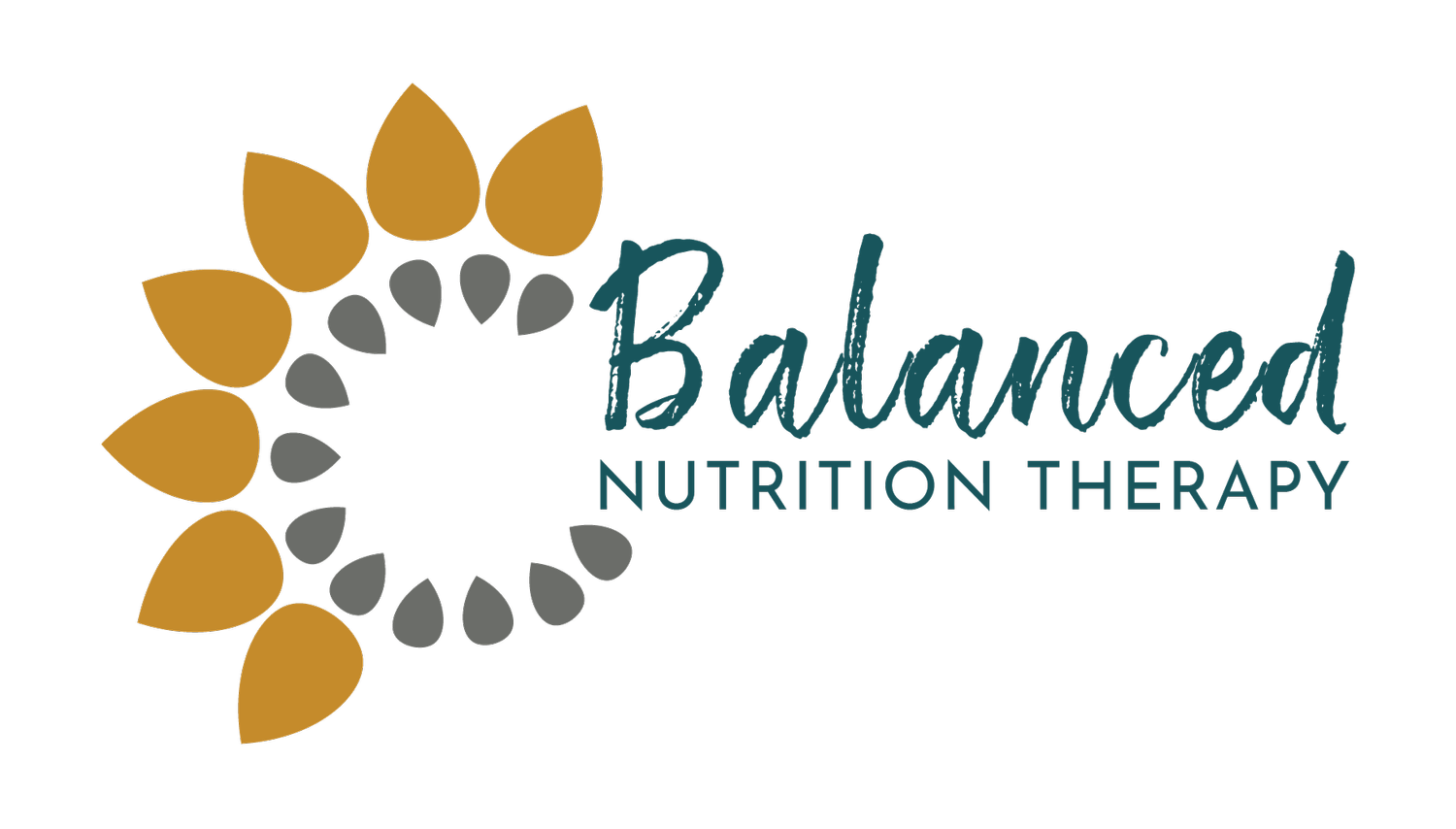Gut Check: How Eating Disorders Impact Digestive Health
Special thanks to our intern, Emily Shellhase, for guest writing this post!
It’s no surprise that eating disorders are complex and can negatively affect all parts of the body and body systems. When we do not nourish ourselves with enough food, our brain cannot work efficiently, our bones become weaker, disruptions occur in hormone production, and our digestive system slows down. The gastrointestinal (GI) system is responsible for digestion and absorption of food and nutrients. When we do not fuel the body properly with enough food, a number of complications can occur.
According to one study looking at eating disorder patients ages 18-45, 93% had some form of gastrointestinal disorder such as constipation, gastroparesis, IBS, or pancreatitis.(1) If you have had symptoms such as nausea, constipation, abdominal pain, or early satiety, you may be experiencing one or more of these conditions.
Common GI Issues in Eating Disorders
Gastroparesis
Normally when an individual eats a snack or meal, the stomach will start moving the food through the stomach (called “peristalsis”) and eventually into the small intestine. But in an individual with an eating disorder, when the body is in a staved state, this process is slowed down, because the body does not have enough energy (calories) for this process to occur correctly.
This slowing down of the stomach emptying is called Gastroparesis. This can cause the person to feel extremely full and bloated after just a small portion of food.(2) This may lead to body image distress and really challenge the recovery mindset of the individual.
Constipation
Constipation can be caused by food restriction, dehydration, and slowed gut mobility. You may have heard that drinking plenty of water and a high fiber diet will help constipation. In the healthy digestive system, fiber is digested very slowly and not absorbed, leading to feelings of fullness. (Fiber is also good for lowering LDL cholesterol and controlling blood sugar.) Fiber is a nutrient only found in plant foods such as fruits and vegetables, whole grains, legumes, and nuts and seeds.
Though this nutrient is an important part of a healthy diet, It has been shown that constipation of a slowed metabolism (related to gastroparesis discussed above), may not be beneficial for the first line of treatment. Since fiber takes a long time to be digested, a high fiber diet, or fiber supplements, would cause bloating.
It is recommended that during the refeeding stage of recovery, a low fiber diet is best for the first six to eight weeks. (2) During this phase, choosing refined grains such as white bread, pasta, and rice would be good low fiber options. Fruit juices, smoothies, and fruits and vegetables without the skin (peeled apples, pairs, potatoes) are also low in fiber.
Pancreatitis
Another important part of the GI system is the pancreas, and malnutrition can cause the pancreas to become inflamed. This is called pancreatitis. The role of the pancreas is to produce insulin and glucagon, and to release digestive enzymes. These enzymes help digest the macronutrients fat, carbohydrate, and protein.
When the body is in a starved state and cannot perform this function properly, the enzymes get backed up, and start to digest the pancreas, leading to abdominal pain and inflammation.(2) An elevated blood lipase level (normal range 0-160 U/L) can help indicate this condition.(2,4)
Irritable Bowel Syndrome
Another common GI condition that you probably have heard of is Irritable Bowel Syndrome (IBS). Individuals with IBS often restrict certain foods or food groups to avoid IBS symptoms such as bloating, abdominal pain, or diarrhea, and symptoms typically increase during times of stress or anxiety, implying a strong mind-body connection.(2)
There is a strong correlation shown that IBS can lead to disordered eating habits and restriction. For example, a person with IBS may be told to follow a low FODMAP diet, which restricts certain foods such as fruits, vegetables, dairy products, and legumes. This could potentially exacerbate eating disorders/disordered eating behaviors.(2) Approximately 23% of patients with IBS disease have disordered eating habits.(3)
In clients with eating disorders, this stress can be attributed to one's anxiety around food. As we know, restricting and underfueling can cause our digestive system to weaken and can lead to the symptoms stated above. This shows a relation that eating disorders may also lead to IBS. One study showed that 64% of patients with eating disorders met criteria for IBS.(5) The best treatment for IBS is working on good, consistent nutrition and stress management techniques.(2)
Coping with GI Discomfort During Eating Disorder Recovery
Healing from the gastrointestinal effects of an eating disorder can be difficult, requires lots of patience, and requires proper treatment from your physician, eating disorder-informed dietitian, and mental health professional.
As we fuel our bodies with enough food and nutrients, these symptoms of nausea, abdominal pain, and constipation will improve.
If you're struggling with digestive discomfort during recovery, you don’t have to face it alone. Reach out to our St. Louis eating disorder treatment team to get compassionate, evidence-based support on your journey to healing.
References:
Abraham S, Kellow J. Exploring eating disorder quality of life and functional gastrointestinal disorders among eating disorder patients. J Psychosom Res. 2011;70(4):372-377. doi:10.1016/j.jpsychores.2010.11.009
Gaudiani, J. L. (2019). Sick enough: A guide to the medical complications of eating disorders. Routledge.
Harer KN. Irritable Bowel Syndrome, Disordered Eating, and Eating Disorders. Gastroenterol Hepatol (N Y). 2019;15(5):280-282.
Szatmary P, Grammatikopoulos T, Cai W, et al. Acute Pancreatitis: Diagnosis and Treatment. Drugs. 2022;82(12):1251-1276. doi:10.1007/s40265-022-01766-4
The link between disordered eating and ibs – dietetically speaking. Dietetically Speaking The Link Between Disordered Eating and IBS Comments. (n.d.). https://dieteticallyspeaking.com/the-link-between-disordered-eating-and-ibs/

